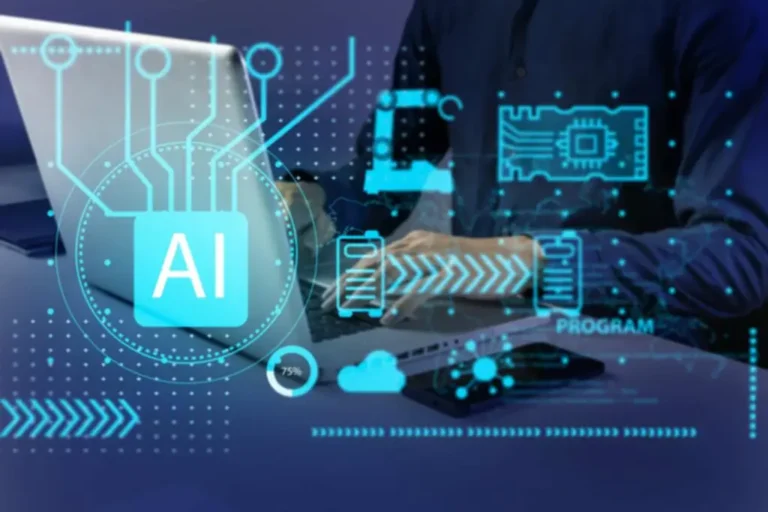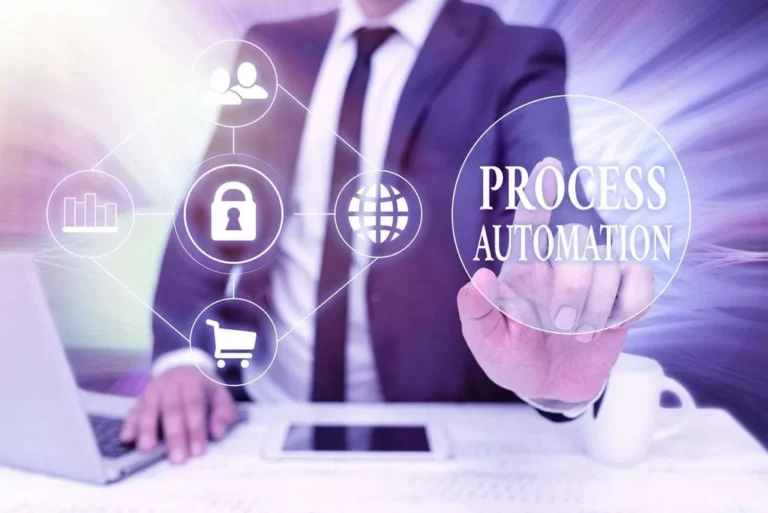In truth, the ID2020 Alliance has additionally managed to enlist varied other well-known partners in the ID2020 initiative, similar to Mastercard, Kiva, UC Berkeley, the Rockefeller Basis and others. Its goal is to create a model new global model for designing and implementing digital ID options. What’s more, it seeks to create an answer for a conveyable, user-managed and privacy-centric digital id. Those familiar with blockchain expertise might already have come across the notion of verifiable credentials. Put simply, verifiable credentials permits one celebration to validate information regarding one other.

So, so lengthy as the initial popularity gets established (say by accomplishing security chores), all subsequent activities will be irrevocably stamped with the individual’s identification. One method to suppose about that is to assume about every transaction confirmation equivalent to the verification equipped by a fingerprint or iris scan. Blockchain expertise Legacy Application Modernization allows decentralized consent by way of time-stamped transaction blockchains. At its most basic, it permits customers to agree on when transactions occurred and guarantees that each one events observe by way of on their commitments. Blockchain and digital id are the 2 mainstream technologies that have gained prominence in recent occasions.
Due to its immutable nature, blockchain ensures that all the data edits are traceable and permanent as each change made to a credential is recorded and cannot be altered or deleted. This feature makes blockchain-based digital identification methods extremely safe and reliable. Blockchain provides a mix of privateness, safety, and transparency in one complete package!
Registry For All Dids

With the arrival of blockchain, we are ready to finally claim individual control over our identities and reputations. No longer do we want to help central authorities who might censor, promote, or lose our personal information. Users now have one thing much better — decentralized entities the place people actually matter. Data Monetization refers to using personal knowledge for quantifiable financial profit. Knowledge on its own has worth, however insights derived from personally identifiable knowledge considerably increases the worth of the underlying knowledge. There are quintillion bytes of data created every day, by four.39 billion web customers.
In reality, nearly all of the healthcare establishments have no safety for patient’s data. As a end result, many use them for their non-public research or get entry to delicate info without consent. Authorities is a big sector for decentralized id foundation corporations. In reality, the government points lots of official identification paperwork for the citizens.
Currently, the online knowledge that we generate is intangible, invisible, and sophisticated. Attribution is important in the processes of possession, and SSI makes it attainable to attribute your online data to your DID. From there, individuals could monetize their personal information, for example, by renting it to AI training algorithms or choosing to sell their data to advertisers. Customers would also have the choice to maintain their information hidden and protected from companies or governments. In cryptography, non-public keys are known solely to the proprietor, whereas public keys are disseminated broadly. The first is authentication, where the public key verifies that a holder of the paired private key sent the message.
Way Forward For Blockchain For Digital Identity

This methodology enhances security and belief by leveraging blockchain networks’ decentralized and immutable nature. Implementing this system is a convenient approach to manage a quantity of profiles across completely different social networks. To notice this chance, the business wants a standard identification language—one that bridges conventional finance and digital property. The Authorized Entity Identifier (LEI) and its digital platform-agnostic evolution, the verifiable LEI (vLEI), provide a promising basis for constructing that shared identification standard. Governments and organizations use blockchain to improve digital identification methods. Blockchain for presidency digital id verification helps streamline companies whereas keeping knowledge safe.
- As a outcome, blockchain unquestionably has a positive impression on and safeguards digital identities.
- Whether Or Not opening a checking account, trading in public markets, or investing in a fund, legal entities must prove who they are, and this requirement remains basically essential when interacting with digital assets.
- If the proprietor loses their non-public key, they’ll never be capable of access or use their information.
- Its effectiveness could be noticed in supply-chain industries, where distributed ledger know-how records transactions in real time, enhancing safety, accountability, and efficiency.
- Blockchain-based identity systems can be designed to be interoperable, permitting seamless verification across totally different platforms and providers.
Way Ahead For Edu Webcast On Demand
KILT makes use of Polkadot with Parity Substrate, permitting any entity to create an identification and take part within the community (BOTLabs GmbH, 2020). Self-sovereign identification (SSI) embodies the basic human proper to own and control a digital identification that grants entry to public, social, and monetary providers. The absence of a dedicated digital identification layer within the improvement of the Web has rendered SSI a significant problem in up to date society. Blockchain expertise emerges as a promising answer by enabling the creation of decentralized and mechanically blockchain identity management companies verifiable identities.
Each one that performs bitcoins transactions acts as a node in the community, forming a transaction on the Bitcoin blockchain. This makes it decentralized as no central authority is required, and each individual present within the network can entry the ledger. It also allows for consensus within the network without the need for a middle-man. As the blockchain community grows, it adds a new record in chronological order, every one related to the following https://www.globalcloudteam.com/. It can also retailer any form of knowledge in applications, corresponding to digital voting methods or identification management.
Moreover, a status system can be established during which identity’s previous endorsements are recorded on every subsequent endorsement. So as long as your preliminary status is verified (perhaps by completing security tasks), then all future actions may have already been indelibly marked with your identity. One way of understanding that is to think about every confirmation of a transaction as being much like the proof provided by a fingerprint or iris scan. Blockchains develop repeatedly as new information are added in chronological order, every one linking to the following. Blockchain technology may additionally be used for storing any kind of knowledge in plenty of other functions, corresponding to digital voting systems or identity management. All services presently have weak points concerning customers creating a number of identities within them.
The critically acclaimed Black Mirror episode Nosedive highlights this and depicts a world where people can rate every others’ digital identities from one to 5 stars primarily based on their everyday interactions. Although Black Mirror is satire, it does deliver up some real considerations associated to digital identity. Nonetheless, blockchain expertise potentially guarantees to bring transparency to digital identity solutions without compromising privacy safety.
